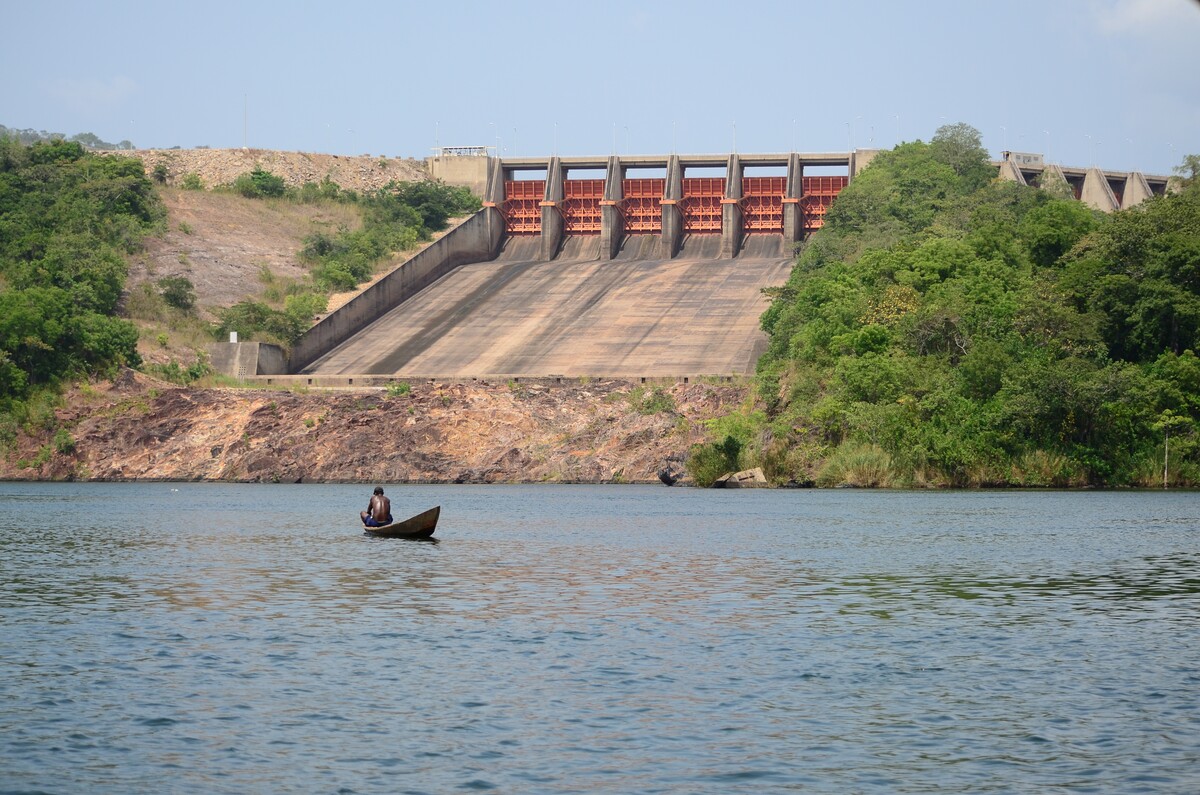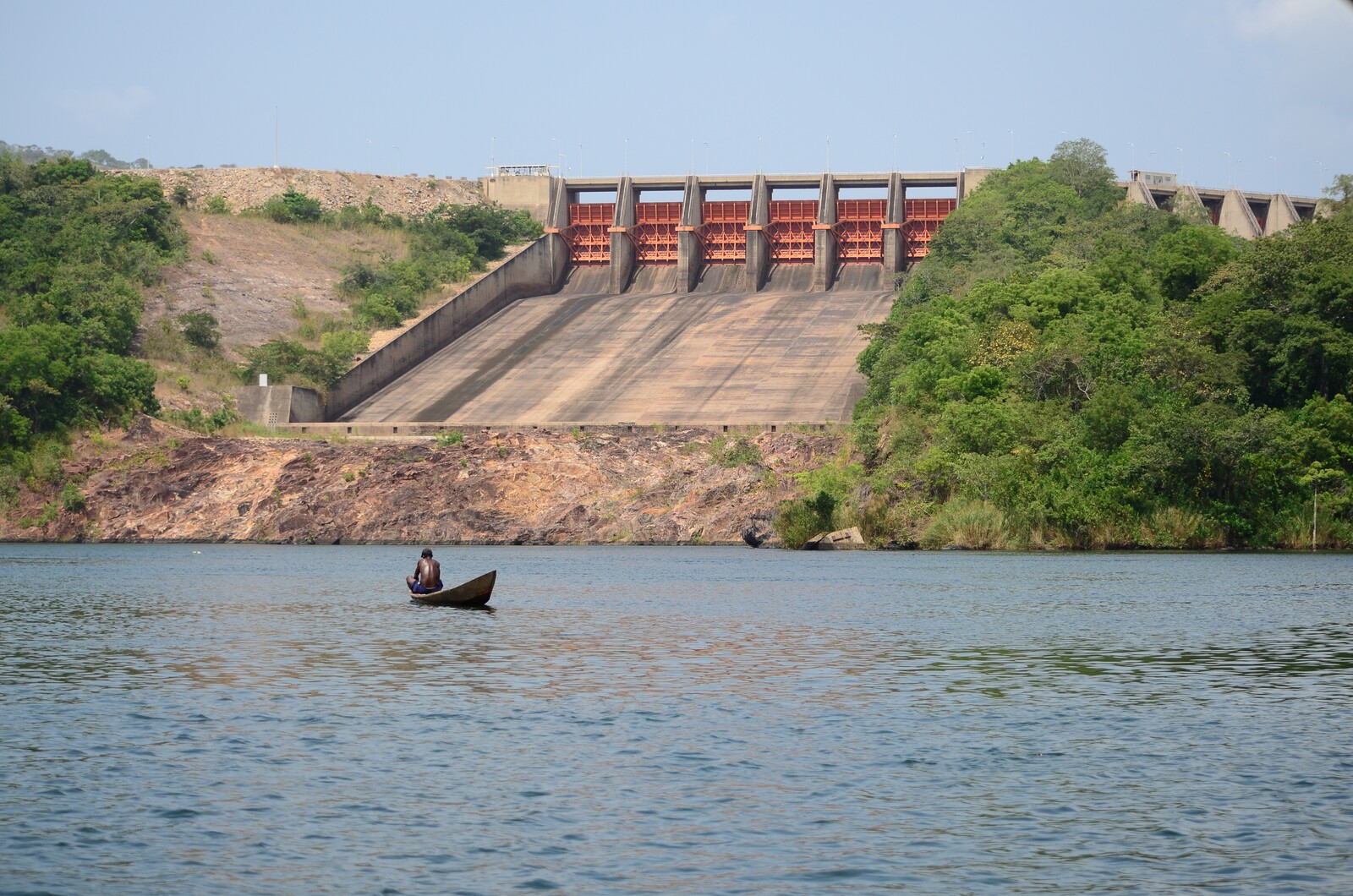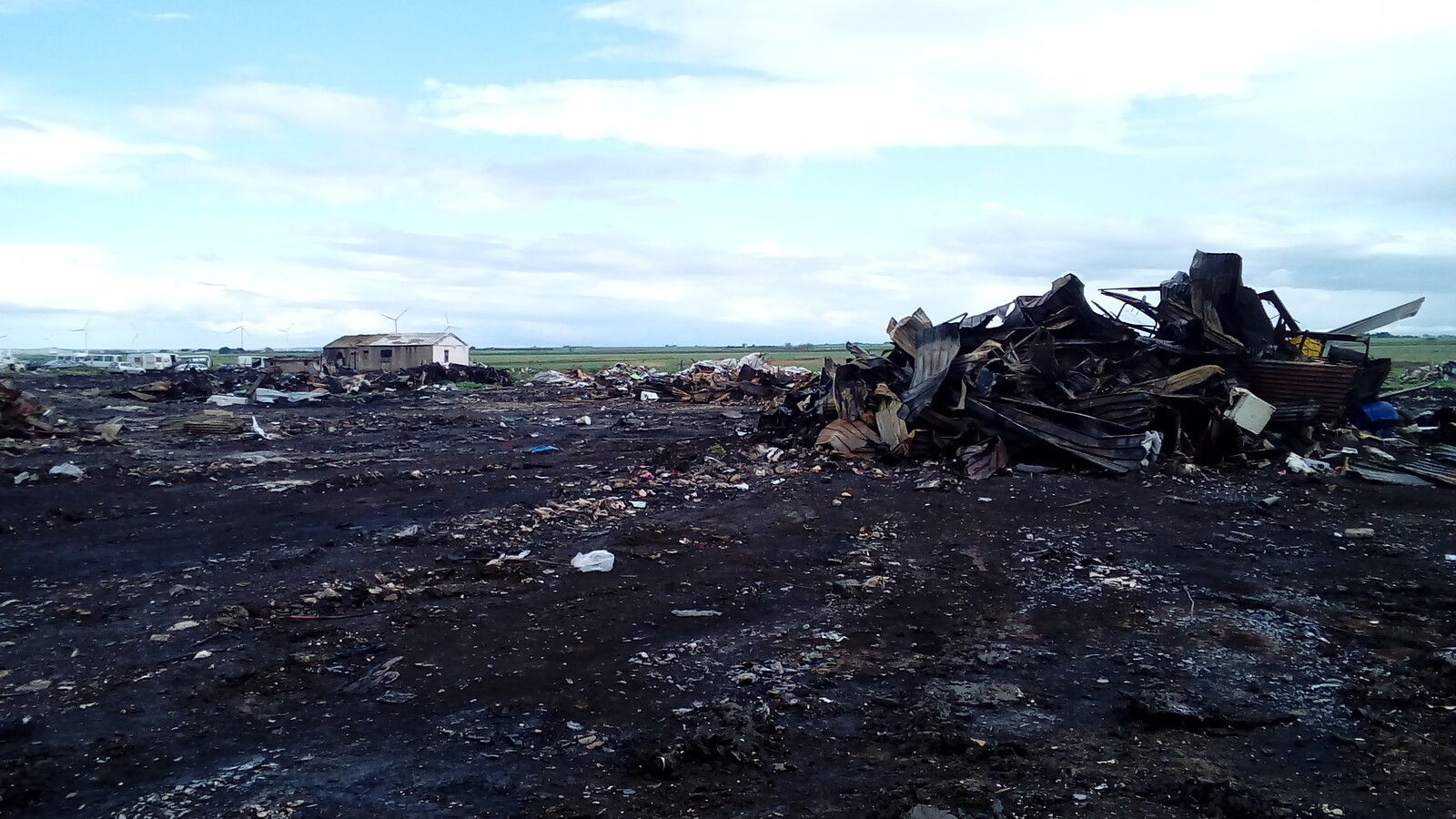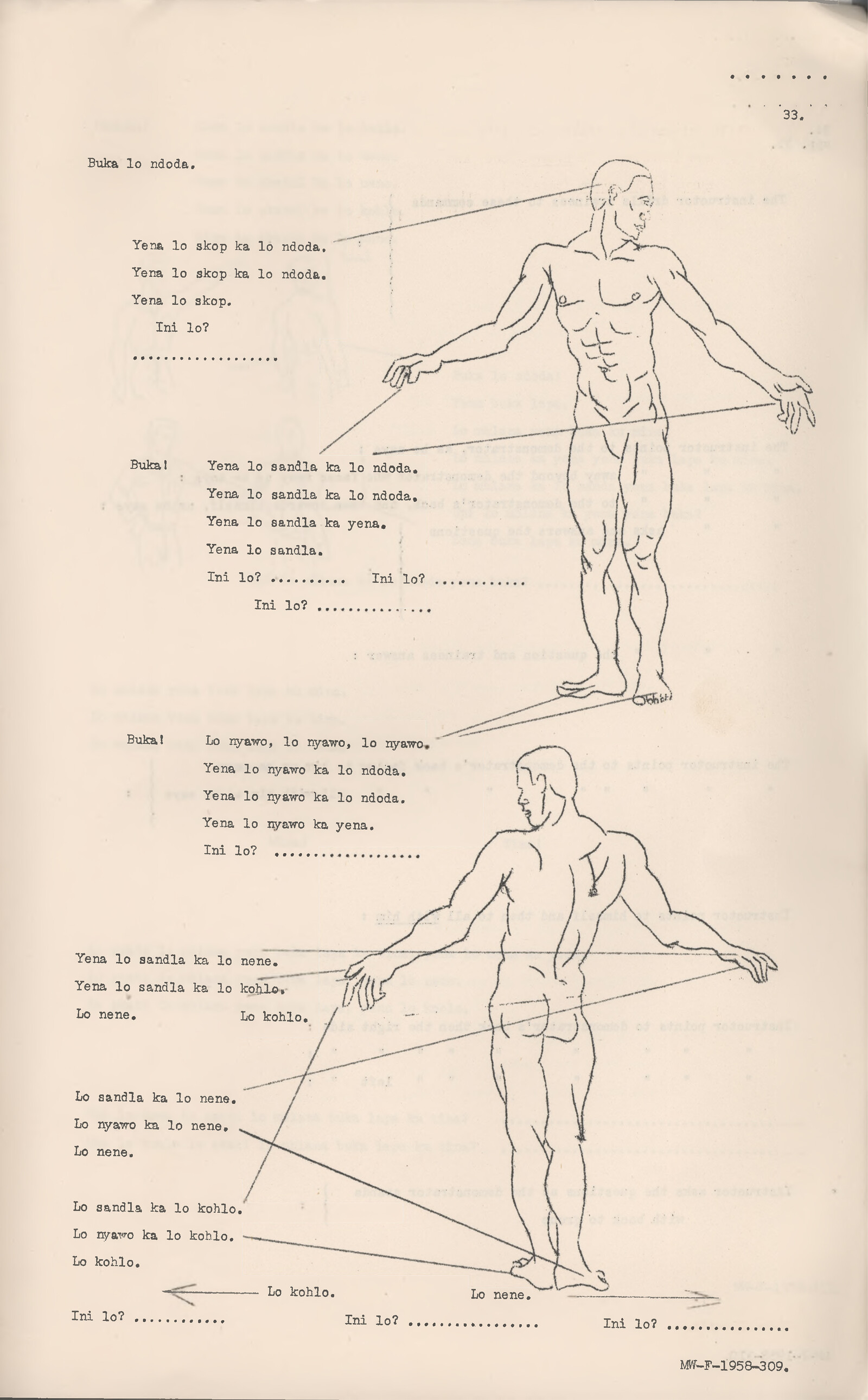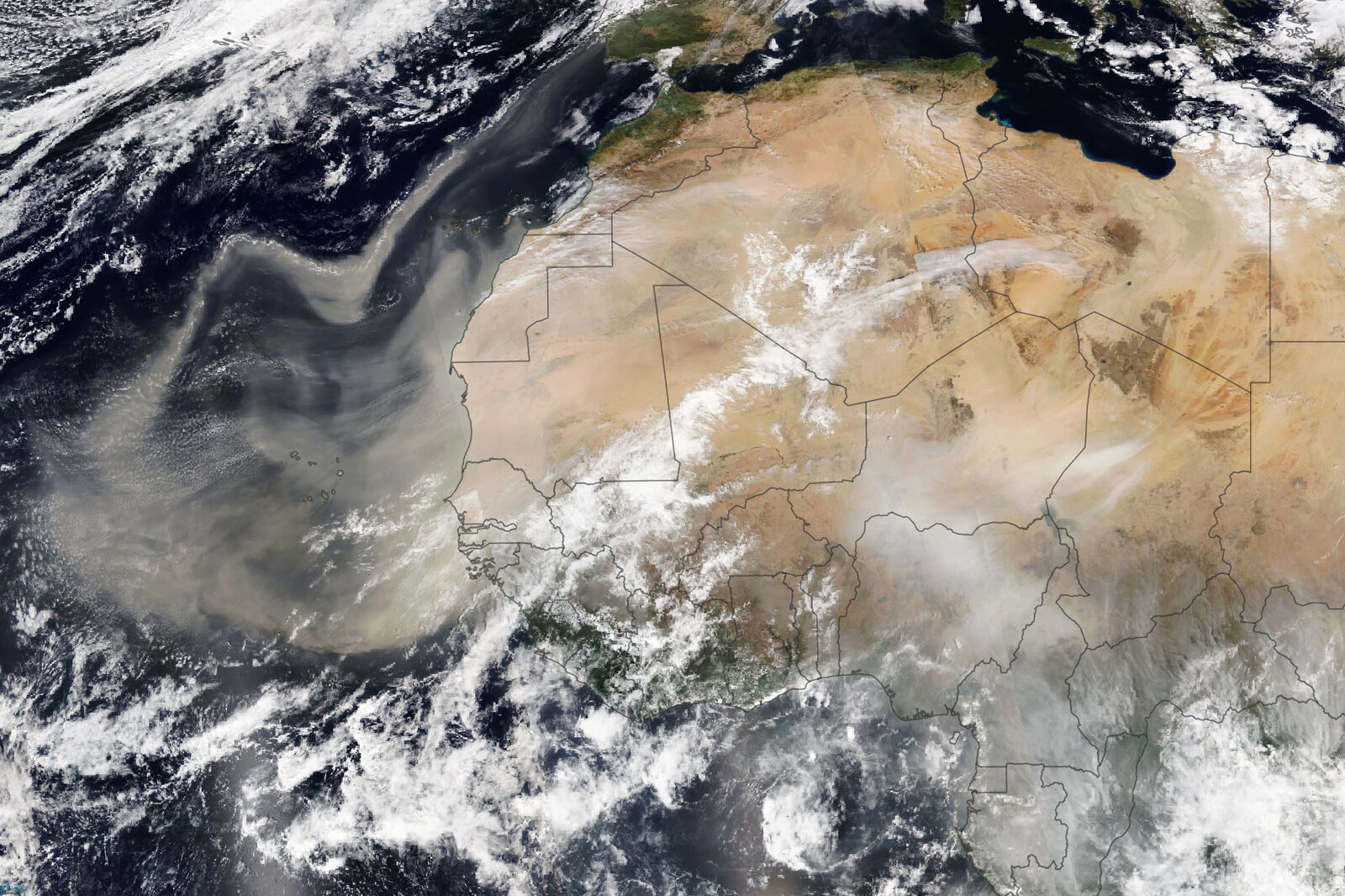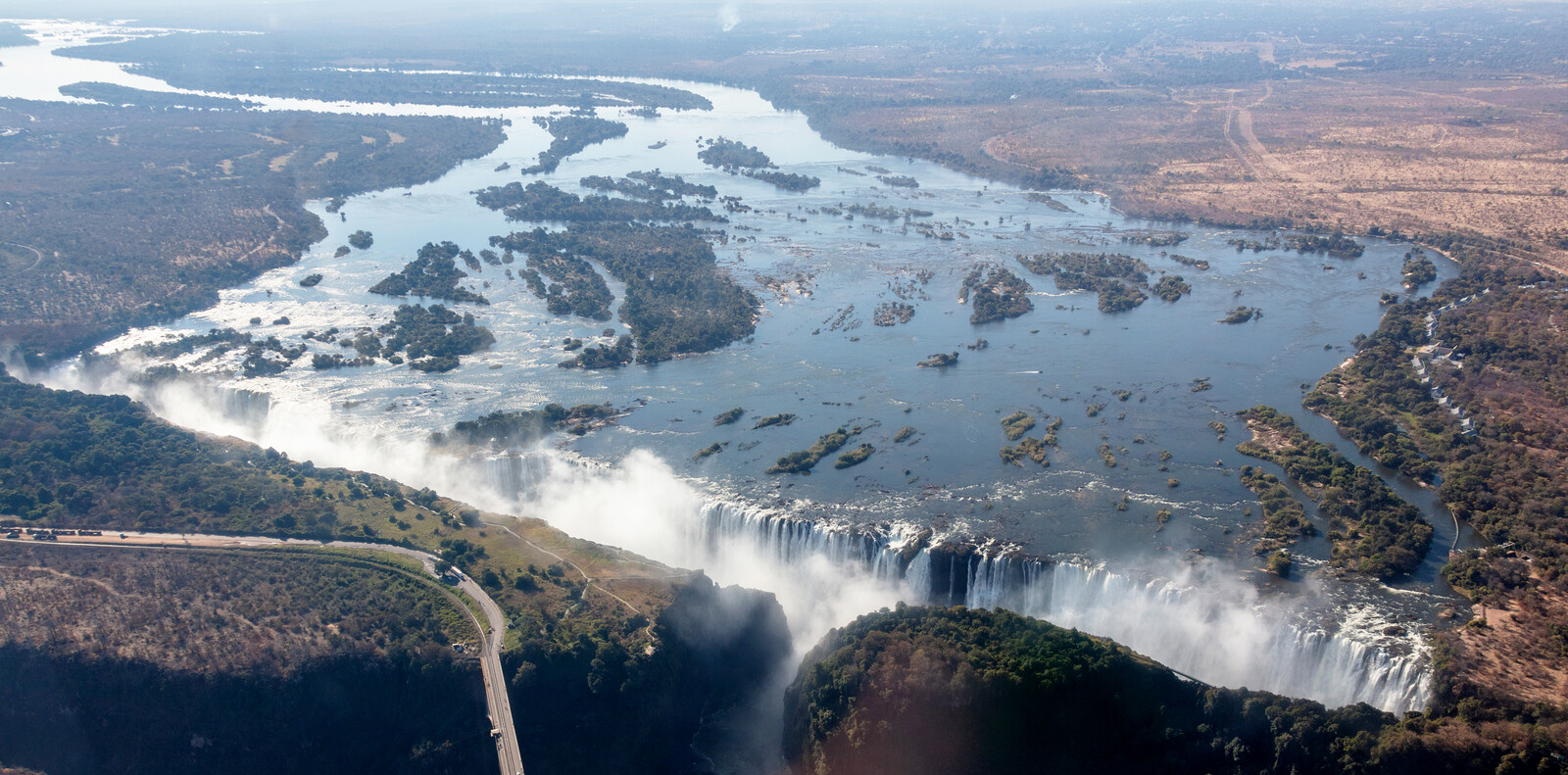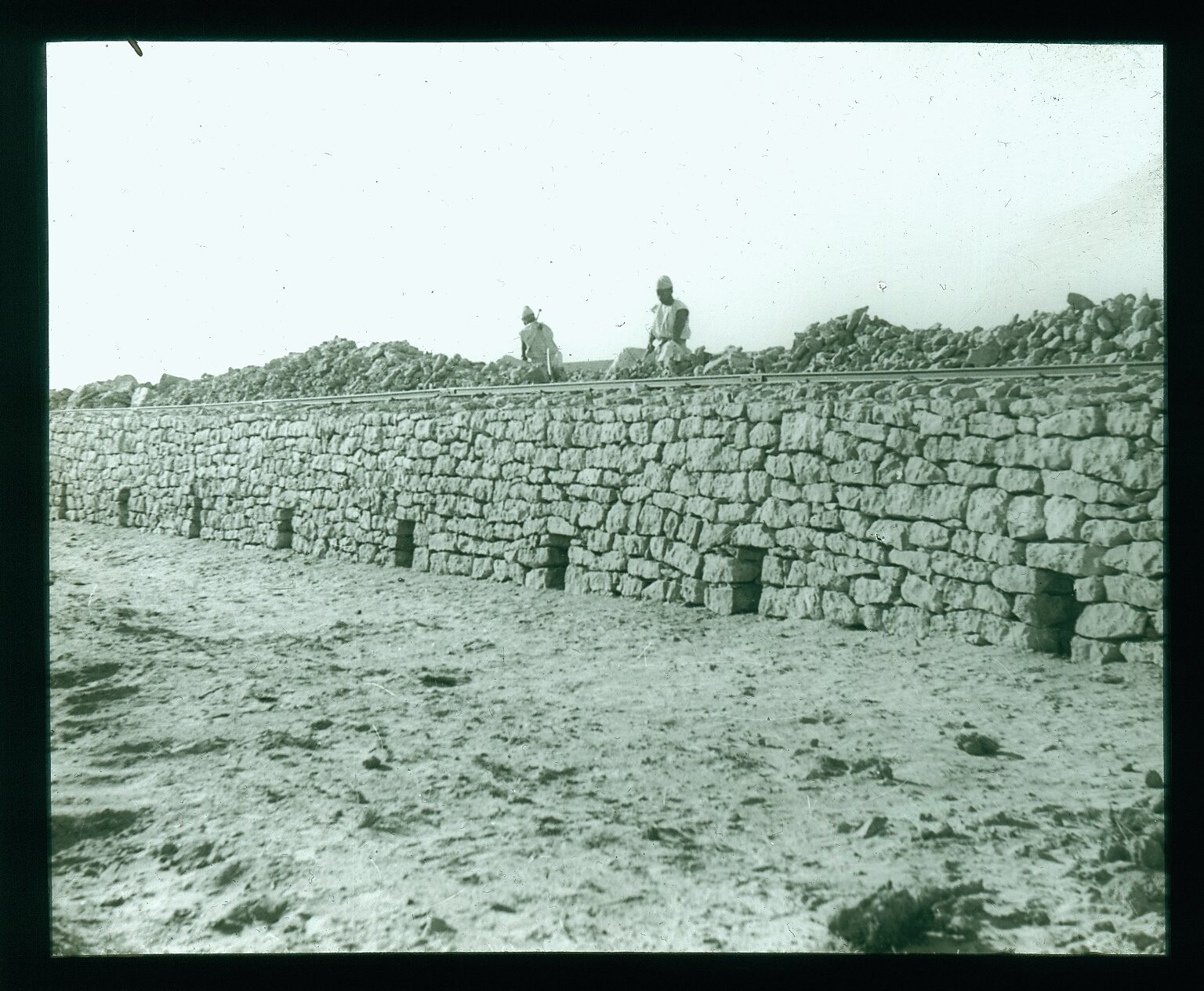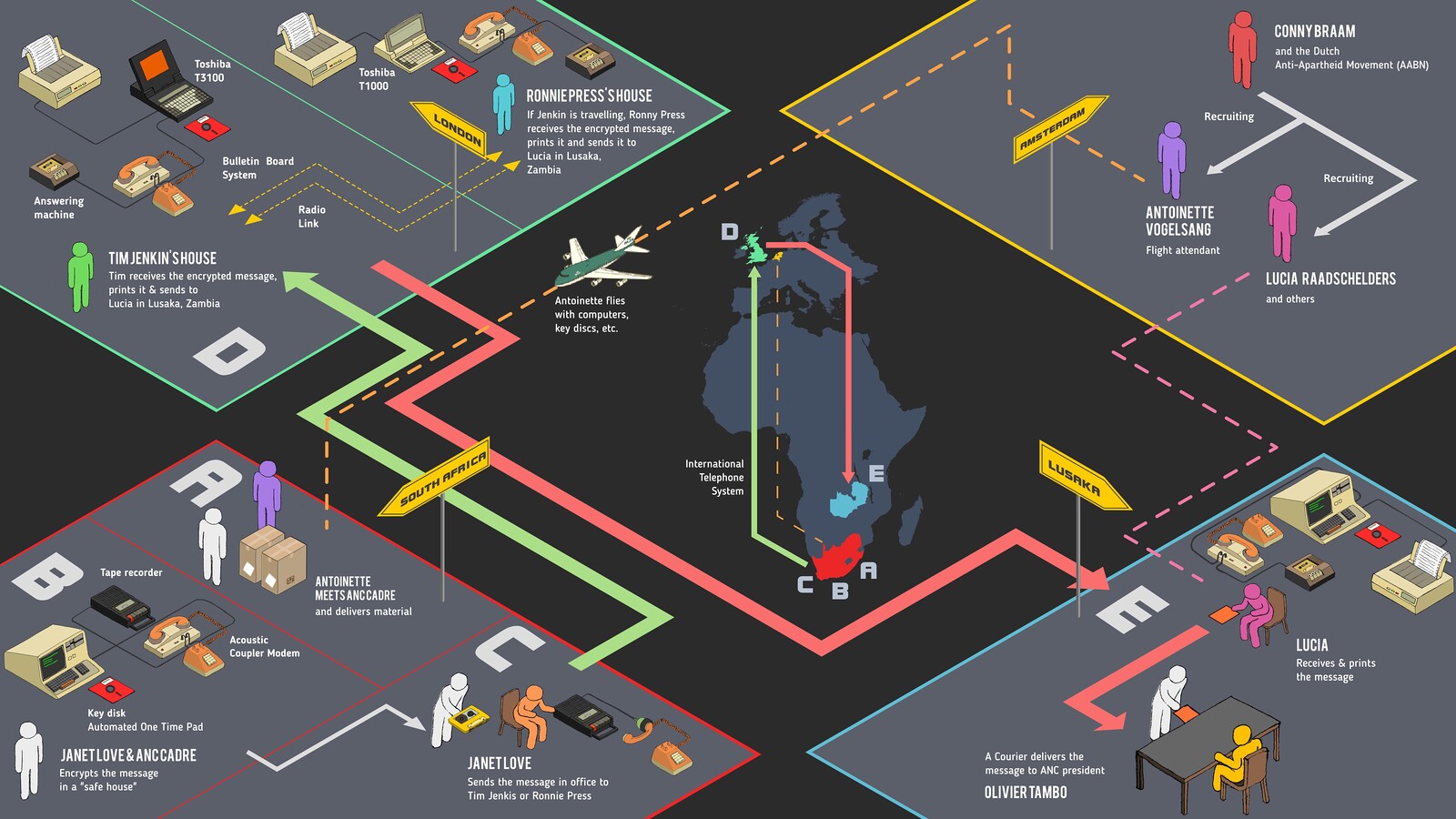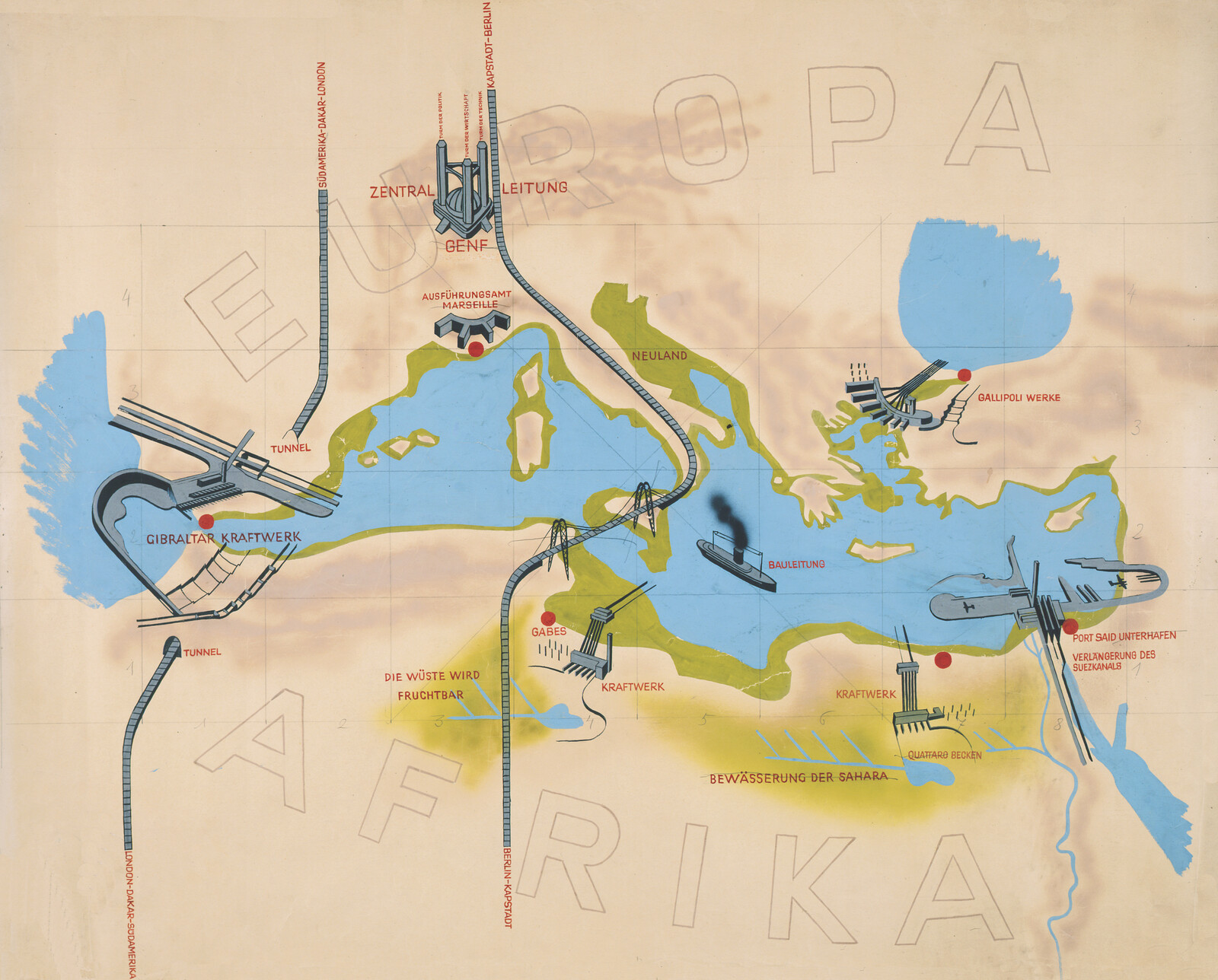Humanity has been a constant, sometimes blind force in the history of the living world. To achieve its project of universal domination once and for all, humankind imagined that all it had to do was harness the force of water, wind, metals, fuels, or radioactive materials. Salvation on Earth, it was thought, was to be achieved through the machine.
Under the leadership of the North, we have relentlessly sought to liberate ourselves from natural and organic environments instead of consciously making room for them. Having decided long ago to chart a Dionysian course in its history and drag the rest of the world with it, the West is now struggling to understand the difference between the beginning and the end, the artificial, the synthetic, and the living. As a result, the world is being sucked into a vast process of laceration, the consequences of which no one can predict.
Along with the great scientific and technological conquests, the key agents of epochal change in our world have been pandemics, plagues, disasters, and calamities. In this sense, we cannot help but recognize that a fundamental part of the history of the living escapes human will. Indeed, not only does the aleatory play a part in history, but there is also a dimension of the unexpected and unforeseen that the modern mind has difficulty in admitting. This is especially true in our viral and computational age.
There may never be an electronic apocalypse. But the computational world, in which we are now fully implicated and which has the fundamental characteristic of being planetary will abolish neither chance, nor risk, nor calamity. In fact, it will generate calamities of its own. Some will come straight from the bowels of the Earth, or from the seas and oceans, which we have never ceased from boring, splitting, and sapping. Others will be the direct consequence of our ecocidal relationships with other species, especially the animal and organic world. Whatever the case, these calamities will put our existence on the planet into play every single time, each in its own way. Some will be local, but most will have a coefficient of universal expansion. In this sense, they will know no borders. The paradox, however, is that the less effective our borders are in protecting us from these scourges, the more irrepressible our desire will be for them.
Then there is the present-day belief that humanity, or at least a portion of it, will survive by moving on to another stage of biological evolution and acquiring an artificial nervous system, or by emigrating to some exo-planet. And so the myth of cosmic transplantation is back. The power politics of great nations today is partially underpinned by the dream of an automated organization of the world thanks to the manufacture of a new subject that is at once a physiological assemblage, a synthetic and electronic assemblage, and a neuro-biological assemblage. Techno-libertarianism is not unique to the West. China has also embraced it, vertiginously so.
At the same time, another paradigm of government is gradually taking hold, government by capture, or by continuous annexation of life flows. This form of government is the work of mutant powers. The paradigm of government by capture or by mutant powers, in relation to which history and speech are virtually nonexistent, comes up against the reality of bodies of flesh and bone, of microbes, viruses, bacteria, and all sorts of fluids, including blood. It comes up against the reality of a history that can only be read and interpreted today on the scale of mineralogical, climatological, and geological time, on the pan-cosmic temporal scale of the universe.
The oldest child of humanity and one of the oldest residents of the Earth, Africa is at once a power in reserve and a reserve of power. By power, I refer not to the incessant movement of destruction of beings and things, but rather to a vital force, a potential of originality, a flow of energy, and a unique capacity for resonance, resilience, and creativity. In fact, as we can see in its ancient archives, dispensing with power and knowing how to forge an alliance with other vital forces was the surest means of participating in the realization of the Cosmos, which is to say, in the construction of a dwelling place that makes room for one and all, and where everyone is called upon to become potential ancestors; segments in an uninterrupted chain of links.
Rather than a dispositif, power, in this configuration, is above all a disposition. It consists of making room for the Other, of embracing that which is unexpected. In this, it is a paradoxical figure of disappropriation. Forging links necessitates the renunciation, the suspension of violence, for violence is a form of inert production that dooms the being to exhaustion, whereas disappropriation opens the way to regeneration. In the African cosmogonies of old, the system of becoming was informed by the obligation of resonance with the living world that saturates human existence and imparts meaning and direction to it.
This obligation was based on the axiom that there is no limit to life flows. Life builds and rebuilds on the basis of the links that we are continually establishing between all figures of being. What matters is that room be made for all and that no one be excluded. This is our common participation in energies and forces with which alliances are forged, but which exceed each of us taken individually. The relationship between humans and the rest of the living world is thus founded not on a thirst for conquest and appropriation, but to the contrary, on an ethics of disappropriation. It aims first and foremost to increase the reserves of life and share in the primordial breath that unites and animates the community inasmuch as the latter is composed of the dead, the living, ancestors, beings and things, animals, plants, objects, and spirits.
In this context, at the core of the precarity of life and the ever-present imminence of death, giving birth, assembling, and combining in variable ways different lineages and different states, themselves translated into multiple flows and segments, amounts to opening a horizon, growing on the basis not of oneself but of others, and existing as relation. According to this conception of life and of the Earth, humankind does not occupy an overhanging place. Life, as Amos Tutuola showed in The Palm-Wine Drinkard, involves a positive and often risky dynamics of exposure to the unknown and the unforeseeable. These archives of old give pride of place at last to the principle of animation and of sharing the vital breath. They stand apart from traditions which are convinced that a fundamental difference exists between human subjects and the world around them, between the human universe and the universe of nature and objects; or that nothing is inviolable, nothing inalienable or imprescriptible. Everything is an effect of power, and there is nothing worse than a disarmed power.
In our Anthropocene and techno-libertarian age, a different existence is being sought. Other vital structures, and other paradigms of liberation of the living are more than necessary. This double moment coincides with the rise of heavily-armed, paranoid powers that claim to abolish risks and minimize uncertainty and indeterminacy by protecting their people from all contingencies and dangers. They propose a mode of existence dominated by fear, anxiety, and a search for safety and repose. In reality, what is hidden behind this quest for a stable life is the refusal of a world in motion and the determination to preserve life, to stay alive, and to be biologically safe at any price. The body that these powers seek to manufacture is a body haunted by the ever-imminent possibility of being no more. One of the properties of such a body is to refuse its approaching death and to permanently disavow its precarity and its essential fragility.1
At the same time, it is a body that unrelentingly harvests all the material of the living world for its sole profit. It seeks to place itself above everything and at the center of everything, to maintain the object as far as possible from the subject, and to subjugate and dominate nature through technology and machines. The Earth is entirely at its disposal and it seeks to do with it as it pleases and at its sole discretion. But the fact is that we must henceforth devise other ways of inhabiting the Earth, of sharing, repairing, and taking care of it. It is in this regard that the African metaphysics of relation is particularly useful. We tend to forget that ancient African societies were open, plural, and in motion. They not only developed a keen awareness of the diversity of living forms, but they also gave pride of place to the diversity of behaviors and to the theme of singularity.
Upon examining their arts and techniques, one is struck by the importance of the theme of repairing the world as an ongoing activity. The quality of exchange with the environment was one of their conditions for growth, reproduction, and fertility. Fertility, in this sense, is a matter not so much of natality as of metabolism in the broadest sense of the term; that is to say, of overcoming the forces of entropy and degeneration. The debt of life demanded an expanded participation of living beings and artefacts in the action on matter and on bodies. As in the Indigenous American view, there were many ways of being a human or a thing in the living world, or world of the living.2
All living beings and all living forms had to stop living at some point or another. This was one of their fundamental characteristics. At the same time, all of them were apt to receive animic substances within them. These substances were lodged there more or less temporarily, and life involved their activation, distribution, and circulation within an eco-technical configuration. As for technical objects, their function was to act and interact with living beings. But they could also have a thanatogenetic dimension. If they could rouse life, they could also rouse death. Sundry forces influenced vital processes, but the latter always presented an irreducible dimension of alterity and uncertainty.
Is what is happening to us now at least in part the consequence of the work carried out for centuries to detach humanity from any connection with the whole expanse of the living world? Could it be that, as a result of the unleashing of our darkest passions and the reinstatement of the facet of the human that is both bestial and viral, history is being reduced before our very eyes to a play of biological forces, and the human race to the zoological and pathogenic dimension of its nature?
In these conditions, the ultimate utopia involves coming back to the Earth, the last name of a We that would embrace human beings as well as objects, viruses, plants, animals, oceans, machines, and all the forces and energies with which we must now learn to live in bio-symbiosis. Racism, the ultimate neurosis of separation, remains the greatest obstacle to the idea of a We. As a singular form of the war of species, racism is diametrically opposed to any consciousness of the in-common.
But it is important to emphasize that for the fight against racism to be truly universal, it must not serve the power politics of states. It must serve truth, justice, and reconciliation between all living species. It is precisely in terms of mutuality, solidarity, and recognition of our common vulnerability that I imagine the new We, or what we have termed the in-common.
Judith Butler, Precarious Life: The Powers of Mourning and Violence (New York: Verso, 2004.)
See The Occult Life of Things: Native Amazonian Theories of Materiality and Personhood, ed. Fernando Santos-Granero (Tucson: University of Arizona Press, 2009).
Coloniality of Infrastructure is a collaboration between e-flux Architecture, Critical Urbanisms at the University of Basel, and the African Centre for Cities of the University of Cape Town.
Category
Subject
Translated by Gila Walker.
This text is an excerpt from the forthcoming La communaute terrestre (Paris: La Decouverte, 2021).
